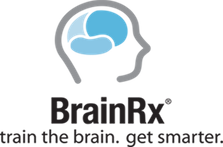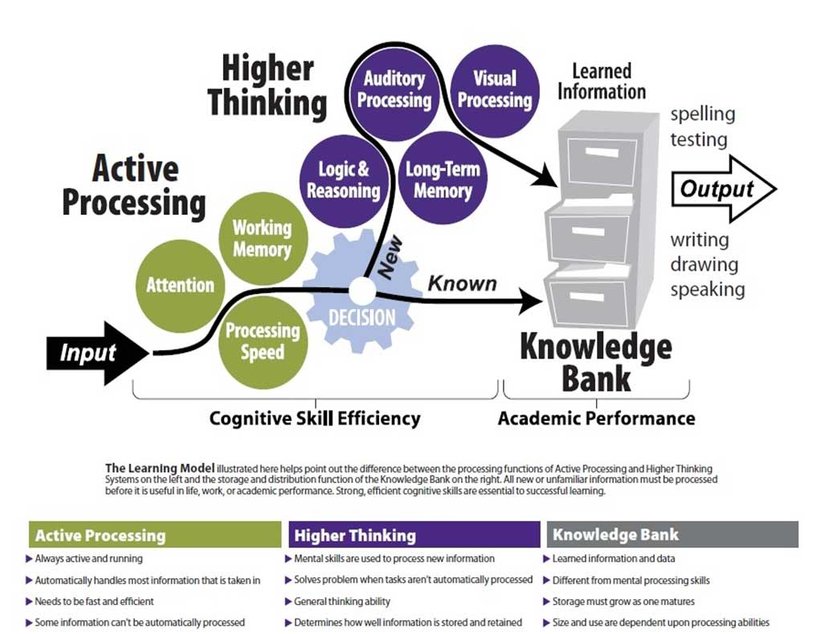102 Rue Anatole France, 1030 Schaerbeek
53 Av. Colonel Picquart 53, 1030 Schaerbeek
63 Av. Brugmann, 1190 Forest
+32 494.160017, info@ecolefdi.be
COGNITIVE TRAINING
Summer
Brain Boost
Intensive brain training programs for kids (8+) and adults.
What : 36+ hours of daily training
When : 4 weeks of August 2022
Where : Brussels
Contact us to find out more :
0466.290001 (FR, ENG)
Would you like to know
how YOUR BRAIN works?
Contact us and reserve a place for an assessment:
0466/290001
info@ecolefdi.be
Cognitive training classes are designed to aid adults and children with a wide variety of issues and needs. It strengthens the core skills the brain relies on to think, learn, read, remember, reason, pay attention and solve problems — mental processes we use every day, in every area of life.
Brain training can be extremely useful for persons having:
-
Learning disorders
-
Speech and language delays or disorders
-
Dyslexia
-
ADHD
-
Autistic spectrum
-
Traumatic brain injuries
-
Age-related cognitive decline
Seven cognitive skills considered to be the core skills of the learning process:
-
Attention
-
Processing speed
-
Working memory
-
Long-term memory
-
Auditory processing
-
Visual processing
-
Logic and reasoning
Thanks to the phenomenon of neuroplasticity, we can strengthen these skills!
Brains Skills Test
ABOUT THE TEST
The "Gibson test" is used to evaluate 7 core cognitive skills:
attention, working memory, long-term memory, logic and reasoning, visual processing, auditory processing and the speed of processing.
The test can reveal the strengths of one's mental activities but also the possible reasons for academic or cognitive difficulties.
The test is provided in multiple languages, probably you'll find yours !
Price : 135 EUR (test + report + consultation)
Payment by bank transfer to the school's account.
l'Ecole FDI : BE83 0682-4940-5215 before the test date.
Please fill in the subscription form in order to proceed. We will get back to you as soon as your request is handled.
7 COGNITIVE SKILLS - THE CORE OF SUCCESSFUL LEARNING
ATTENTION
There are three types of attention.
Sustained attention
helps you focus on a single task for a long period of time.
Selective attention allows you to focus your attention on a single task even when there are distractions around you. It helps you decide where you will place your attention among many different choices and enables you to stay on that task.
Divided attention is the ability to handle more than one task at a time.
LOGIC AND REASONING
The ability of an individual to think in a disciplined manner or base his thoughts on facts and evidence is known as his logical thinking skills. Very simply, logical thinking skills mean incorporating logic into one’s thinking process whenever analyzing a problem in order to come up with a solution.
Logical thinking skills require and involve a progressive analysis, for example, by weighing all available options, using
facts and figures, and making important decisions based on the pros and cons.
PROCESSING SPEED
This cognitive skill helps you quickly and accurately perform tasks. When you have high processing speed, your brain can to more quickly interpret information and apply it to a certain task. Strengthening this skill can improve your productivity by helping you efficiently and effectively complete tasks.
WORKING MEMORY
Also known as short-term memory, working memory helps you retain information while you are using it. For example, if you are working on a project and do not have to look at the instructions again to remind yourself of the next step in the task, then you have a strong working memory. Short-term memory skills can also help retain points you discussed in a recent conversation.
VISUAL PROCESSING
Visual processing helps you effectively interpret images. Strong visual processing skills allow you to analyze shapes, designs, patterns as well as make sense of visual representations of data, such as graphs and tables.
LONG-TERM MEMORY
Long-term memory allows you to recall information from the past. This skill may help you remember the main points of last week’s lessons, and it may also help you remember a classmate's name that you learned three years ago. Long-term memory also helps you to remember prior training and apply it to current tasks.
AUDITORY PROCESSING
Your brain uses auditory processing to make sense of information that comes in through your ears by blending, analyzing and segmenting sounds for immediate or future use.
BrainRx METHOD
Cognitive training:
- It does not teach information but changes how the brain grasps and uses incoming information.
- It identifies the weak cognitive skills causing the struggle, and then targets and strengthens those skills.
- It brings measurable and lasting results in mental performance and... restores the pleasure of learning!
The Brain Rx program takes between 16-32 weeks and consists of one-on-one sessions with a certified trainer and digital training exercises.
The program is developed for each person individually regarding his or her cognitive strengths and weaknesses. Brain training is intensive, rewarding, motivating, fun, effective and most importantly - it brings long-lasting results.
HOW WE LEARN
The Learning Model illustrated here helps point out the difference between the processing functions of Active Processing and Higher Thinking Systems on the left and the storage and distribution function of the Knowledge Bank on the right.
All new or unfamiliar information must be processed before it is useful in life, work, or academic performance.
Strong, efficient cognitive skills are essential to successful learning.
NEUROPLASTICITY
Our brains are truly extraordinary; unlike computers, which are built to certain specifications and receive software updates periodically, our brains can actually receive hardware updates in addition to software updates. Different pathways form and fall dormant, are created and are discarded, according to our experiences.
When we learn something new, we create new connections between our neurons. We rewire our brains to adapt to new circumstances. This happens on a daily basis, but it’s also something that we can encourage and stimulate.

















